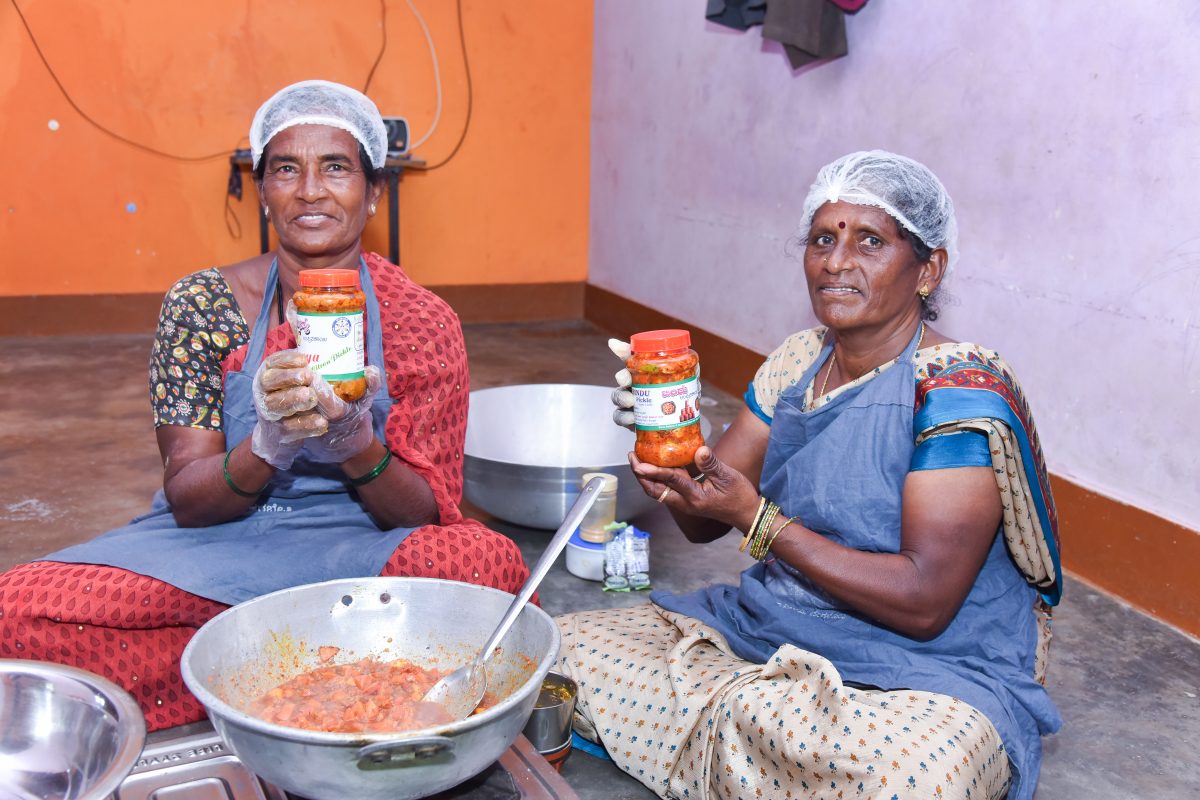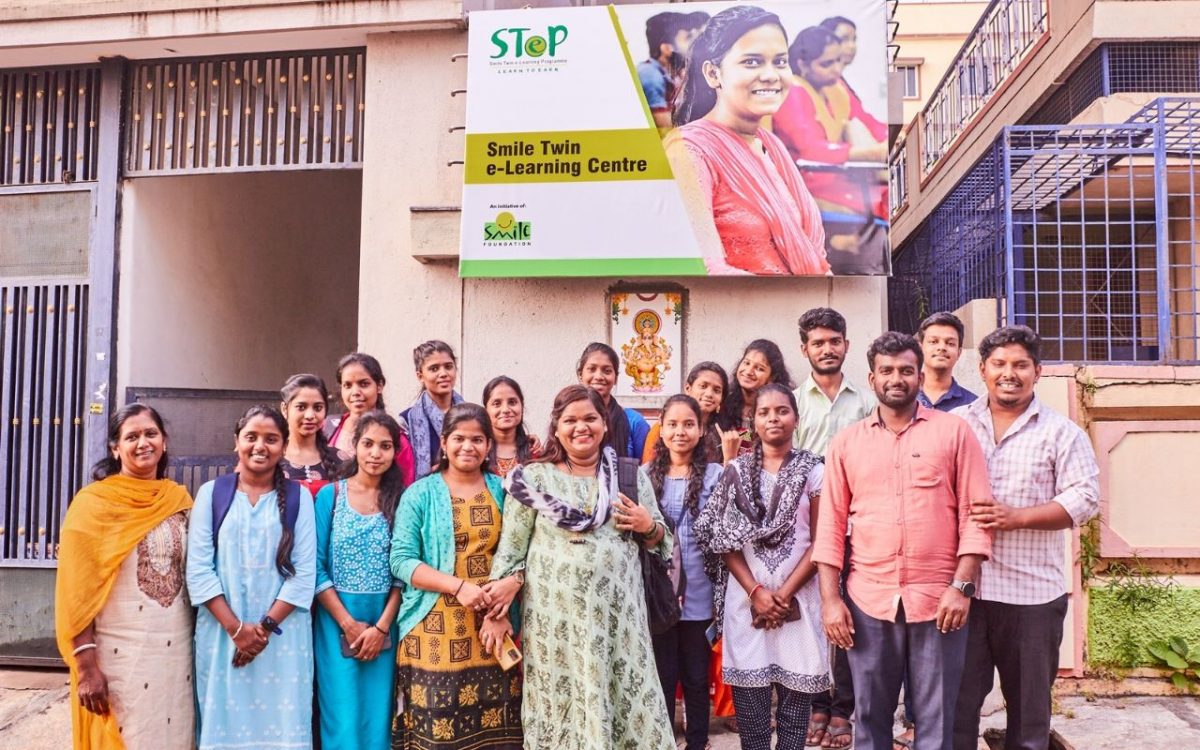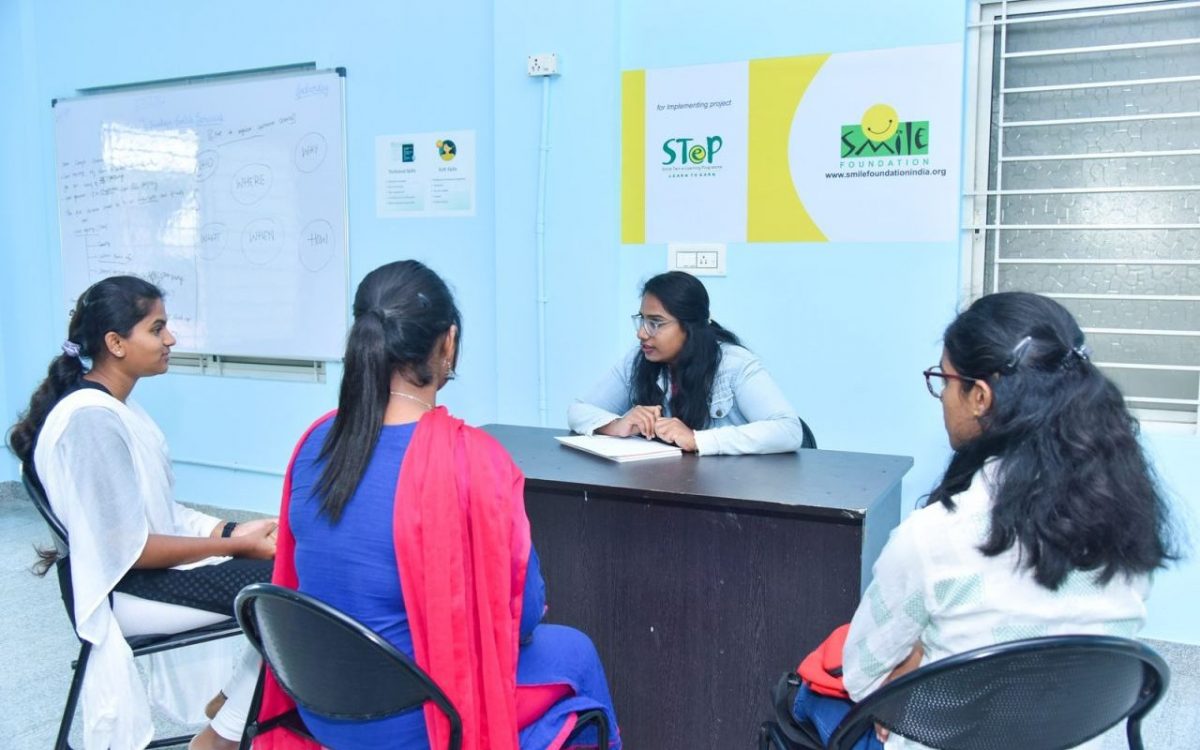Women empowerment is the process through which women gain awareness of gender-based inequalities and acquire a stronger voice to challenge these disparities in their homes, workplaces, and communities. True empowerment means enabling women to take control of their lives—defining their own paths, acquiring essential skills, solving problems, and fostering self-reliance. In simpler terms and this women’s day 2025, women empowerment is the recognition of women as equal individuals, ensuring they have access to education, equal opportunities, and the autonomy to make informed decisions in every aspect of life—whether personal, professional, or financial.
The Significance of International Women’s Day 2025
The discourse around women’s empowerment has been ongoing for centuries. This year, International Women’s Day on 8th March serves as a poignant tribute to the achievements of women across social, economic, cultural, and political domains. It also acts as a rallying cry for gender equality, pushing for a world where women’s rights are non-negotiable.
In 2025, the United Nations commemorates the 30th anniversary of the Beijing Declaration with the theme: “For ALL Women and Girls: Rights. Equality. Empowerment.“ This theme underscores the urgency of ensuring that every woman and girl is valued, empowered, and included, making gender parity a lived reality rather than an unattainable goal.
Challenges Hindering Women’s Empowerment
While significant progress has been made, the barriers to women’s empowerment continue to evolve, demanding innovative solutions. The challenges affecting education, financial stability, and health remain critical concerns across the world:
- Poverty disproportionately affects women – One in ten women lives in extreme poverty. By 2030, an estimated 342.4 million women and girls—8% of the global female population—will survive on less than $2.15 a day.
- Limited access to social protection – Women struggle to access employment-related benefits such as maternity leave, pensions, and unemployment support. Currently, 73.5% of women in wage employment lack sufficient security, creating an 8% coverage gap between men and women.
- Greater food and water insecurity – Women face higher rates of food and water shortages than men (31.9% compared to 27.6%). The crisis is even worse for older, indigenous, and rural women, who are primarily responsible for water collection in 70% of households without on-site access.
These challenges highlight the urgent need to address education, health, and economic disparities that hinder gender equality worldwide.
Solidifying Women’s Empowerment Through CSR Partnerships
Women’s empowerment is an expansive goal that requires collective action. The vision of International Women’s Day 2025—“For ALL Women and Girls”—can only be realised when corporates, NGOs, and governments collaborate to create tangible, lasting change.
Government Initiatives Driving Women’s Empowerment
The Indian government has undertaken numerous initiatives to empower women by promoting education, reproductive health, nutrition, and sustainable livelihoods:
- Education-Focused Initiatives: Beti Bachao Beti Padhao, Sukanya Samriddhi Yojana, and the CBSE Udaan Scheme help girls access quality learning opportunities.
- Healthcare Programs: Surakshit Matritva Aashwasan (SUMAN), LaQshya, and Pradhan Mantri Surakshit Matritva Abhiyan (PMSMA) provide comprehensive maternal and reproductive healthcare services.
- Financial Empowerment Schemes: Sukanya Samriddhi Yojana, Pradhan Mantri Mudra Yojana, and Mahila Shakti Kendra foster financial independence by providing monetary assistance, financial literacy, and business support.
These initiatives serve as foundational support systems, ensuring that women have the tools and opportunities they need to thrive in every aspect of life.
How CSR Can Drive Women’s Empowerment in India?
- Through Education: Empowering Girls for a Brighter Future
Quality education is the cornerstone of empowerment. In rural India, where gender disparities in education remain stark, bridging the gap is essential for achieving true equality.
Smile Foundation, in collaboration with CSR partners, actively works to ensure that education is accessible to girls across India. Programmes like She Can Fly and Engineering Scholarships for Girls provide crucial support to young women who aspire to pursue higher education.
These scholarships cover essential expenses such as:
- Tuition fees
- School supplies
- Transportation
Beyond financial assistance, beneficiaries receive mentorship and career guidance, equipping them with the tools to make informed decisions about their futures.
Through Healthcare: Promoting Health and Nutrition
Good health is central to true empowerment. Recognising this, Smile Foundation’s Swabhiman programme, supported by CSR partnerships, focuses on improving the health and nutrition of women and girls through:
- Maternal, adolescent, and child healthcare awareness
- Reproductive health education
- Immunisation and nutrition programmes
- Strengthening Anganwadi infrastructure
To ensure healthcare accessibility for rural women in India, Smile Foundation launched the Pink Smile Mobile Medical Unit (MMU). These mobile units offer:
- Nutritious food for women and children
- Early anaemia detection and immediate medical intervention
- Community education on affordable, healthy diets
Additionally, the Nutrition Enhancement Programme (NEP), a three-year initiative by the PepsiCo and Smile Foundation has positively impacted over 60,000 lives in Sangrur, Punjab. Aligned with Poshan Abhiyaan, it directly benefited 16,000 individuals—including pregnant women, lactating mothers, and young children—while indirectly reaching more than 45,000 people.
Through Livelihood: Building Financial Independence
Economic independence is a powerful tool in breaking the cycle of poverty. Smile Foundation’s Swabhiman programme also provides entrepreneurship and skill development training to women from marginalised communities, helping them establish sustainable businesses.
Women enrolled in this initiative receive training in:
- Business fundamentals: financial management, marketing, and communication
- Digital and financial literacy
- Access to seed capital to launch or expand their enterprises
Additionally, Project Manzil offers vocational training for young women in Rajasthan, equipping them with skills to pursue sustainable careers and achieve financial independence.
Women’s Day 2025: Creating Meaningful Impact Through CSR
Women’s empowerment cannot remain a slogan; women’s empowerment is not just a moral imperative—it is an economic and social necessity. All social stakeholders must take it to be a movement—one that businesses actively invest in, champion, and sustain. Corporations, NGOs, and government bodies must work together to dismantle barriers and create sustainable opportunities for women across education, health, and livelihood sectors.
How Corporates Can Contribute:
- Invest in scholarship programmes to ensure girls have access to quality education.
- Partner with healthcare initiatives that address maternal and adolescent health challenges.
- Support entrepreneurship training and financial literacy programmes to build self-sufficiency.
Let’s collectively remember that when you empower a woman, you don’t just change her life—you change families, communities, and generations to come.
Be the force that turns equality into reality. Partner now for gender quality






